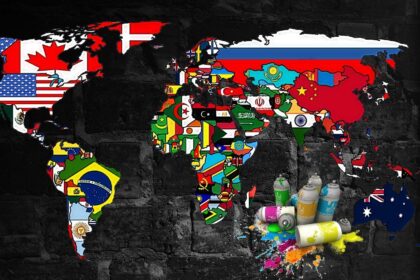Technical translation, in its broadest sense, is any non-literary translation, i.e. translation of technical texts related to electronics, medicine, law, economics or sports, and in a narrower sense, technical translation includes the translation of texts from the world of applied sciences, including chemistry, computer science, automotive, geology, etc.
The list of technical areas is endless, and the terminology expands and changes from day to day. Moreover, even within the same area, competing companies often use different terms to refer to the same item in order to differentiate their product from those of their competitors.
Therefore, ideally, a technical text should be translated by a specialist in this specific field who is familiar with the terminology of the company for which the translation is being performed. For example, it is highly desirable for text about IBM computer parts to be translated by an IBM computer specialist, because there is a chance that Apple, Dell, or NEC name the same parts differently. However, it is clear that this is not always practical. However, it is essential that the translator is familiar with the technical terms used in the text in order to accurately convey the ideas it contains to the engineer or technician reading the translation. The client can significantly contribute to improving the quality of translation of technical documentation by providing the translator with documents on a given topic in the target language, as well as graphics and documents in the original language related to the same topic. And then, especially if a scientific and technical translation is intended for publication, the terminology must be refined and agreed upon through dialogue between the translator and the client.
Dictionaries do not always give correct answers to technical terminology questions. A translator who does not specialize in technical translations into German can translate the word “Spannung” as pressure or tension, and the word “Geschwindigkeit” as speed, speed or stroke. The word “demand” can be translated into Spanish as “reclamo” or “reivindicación”. Obviously, choosing the right term depends on the context. And the technical translator will know which term to use.
Converting units of measurement poses a special challenge for the translator. This requires not only finding the conversion factor from pounds per square inch to kilopascals, but also choosing the correct sub-multiples so as not to indicate the weight of the microchip in tons or its dimensions in miles. Experienced technical translators know that converting temperatures from Fahrenheit to Celsius and vice versa requires a different formula than the one used to convert the temperature difference between these units. They also understand that some units (such as standard thread sizes) should not be converted. They know when and how to round numbers.
Even if the terminology and all the information contained in the document are translated correctly, it is very difficult to convey the technical style of presentation to a person who is not a technical specialist, if not impossible. High-quality technical translation combines the correct terminology and style acceptable for the given type of document and target audience. Surgical text will use different terminology and writing styles depending on whether it is intended for physicians or non-medical readers. Excessive overloading of the text with technical terminology can make the text incomprehensible to the layman, while the specialist can find the text written in a public language annoying. Therefore, the technical translator should know when to use the term kidney toxicity and when to use nephrotoxicity.
Experienced translators will work on technical translation using correct and appropriate terminology and style that the target audience understands. Therefore, when choosing a technical translator, you should pay special attention to his area of specialization and work experience. Of course, the cost of translation can also be a decisive factor, but it should always be remembered that cheaper does not mean better.




